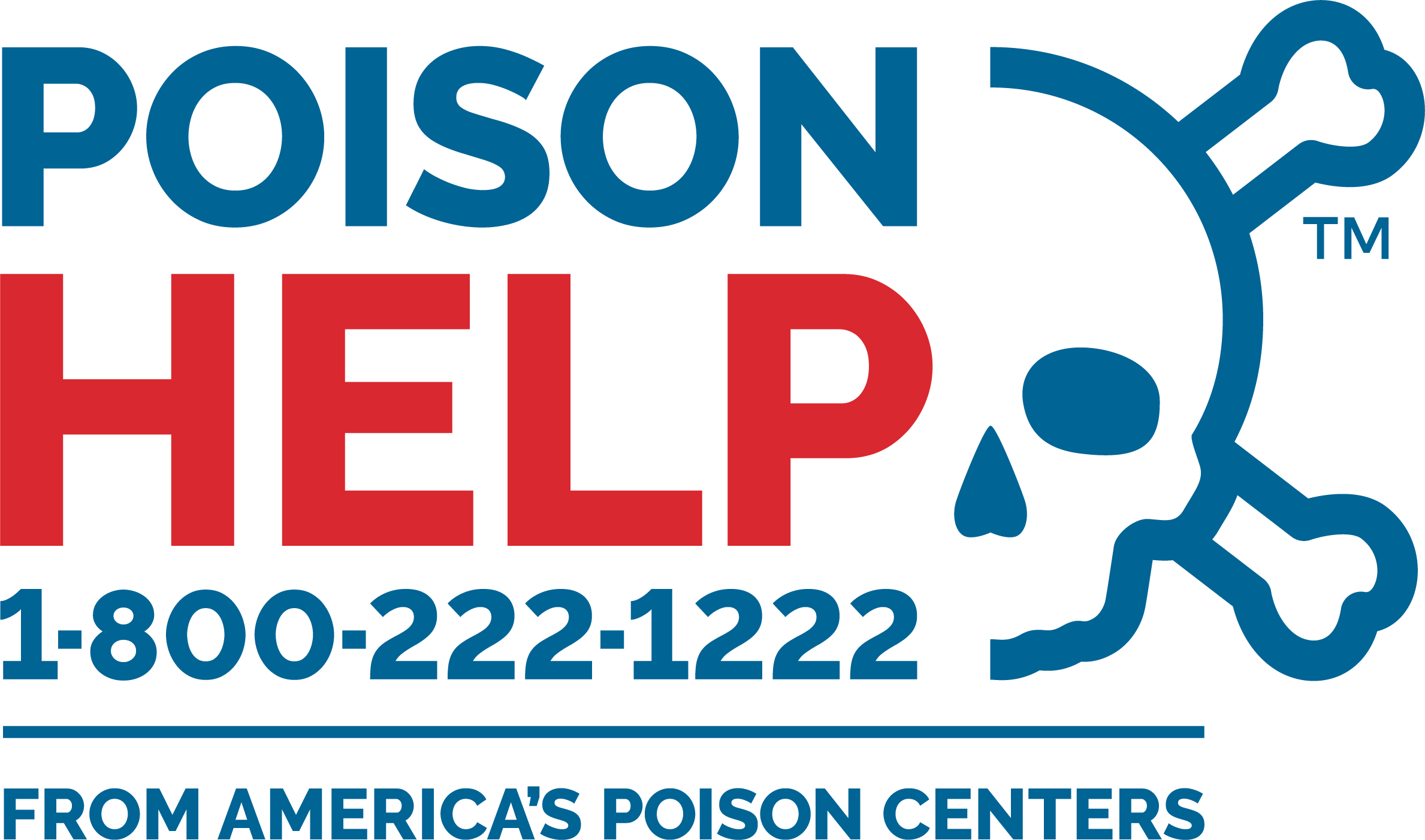Food Poisoning
[su_youtube url=”https://youtu.be/YRNPcPDd4t8″] [su_expand more_text=”Show More”] Food poisoning occurs when food contaminated by bacteria, parasite or virus is eaten. Symptoms include upset stomach, abdominal cramps, nausea, vomiting, diarrhea, fever and dehydration. Symptoms range from mild to serious. Tips to Prevent Food Poisoning:
Symptoms include upset stomach, abdominal cramps, nausea, vomiting, diarrhea, fever and dehydration. Symptoms range from mild to serious. Tips to Prevent Food Poisoning:
- Check the expiration dates on all foods, especially meats, poultry and dairy products; do not buy or use foods beyond their expiration dates
- Do not use canned goods with bulges, leaks, or dents
- Wash hands thoroughly with warm, soapy water before and after handling food and especially after using the bathroom

- Keep raw foods separate from ready to eat foods
- Wash utensils and cutting boards after they have been in contact with raw meat or poultry and before they touch other food
- Wash fruits and vegetables thoroughly to remove visible dirt and discard the outermost leaves of lettuce and cabbage
- Use one plate for raw meat and another plate after the meat is cooked
- Refrigerate or freeze perishable food within two hours after buying or preparing. If room temperature is above 90°F, refrigerate perishable food within one hour.
- Set refrigerator temperature to 40°F or below. The freezer should be kept at 0°F.
- Defrost foods safely, using one of the following methods:
- In the refrigerator- wrap meat, poultry and fish so that the juices don’t drip on other foods. After defrosting, cook ground meat, poultry and fish within one-two days, other meats should be cooked within three-five days.
- In the microwave- Use the “defrost” or “50 percent power” setting to avoid cooking the edges of the food. Cook food immediately after defrosting in a microwave.
- In cold water- Put food in a sealed package
- or plastic bag and immerse in cold water; change the water every 30 min. or place the sealed package under cold, running water. Cook food immediately after defrosting.
- Cook meat, poultry and seafood thoroughly.
- Throw out any leftovers that have been at room temperature for more than two hours or in hot weather for more than one hour
- If hot food must be out for longer than two hours, use warming trays or slow cookers to keep the food hot
- If cold food must be out for longer than two hours, use a cooler or ice bucket
- Do not eat any food you are unsure about, when in doubt, throw it out
- Pregnant women, young children, older adults and people with weakened immune system should take extra precautions.
- Avoid raw or rare meat and poultry; raw or undercooked fish or shellfish; raw or undercooked eggs or foods containing them such as cookie dough and homemade ice cream; raw sprouts (alfalfa, bean, clover, radish); u n-pasteurized juices, ciders, milk and milk products; soft cheeses, blue-veined cheese and un-pasteurized cheese; uncooked hotdogs, luncheon meats and deli meats.
- Call the GPC for more information (1-800-222-1222)
[/su_expand]
